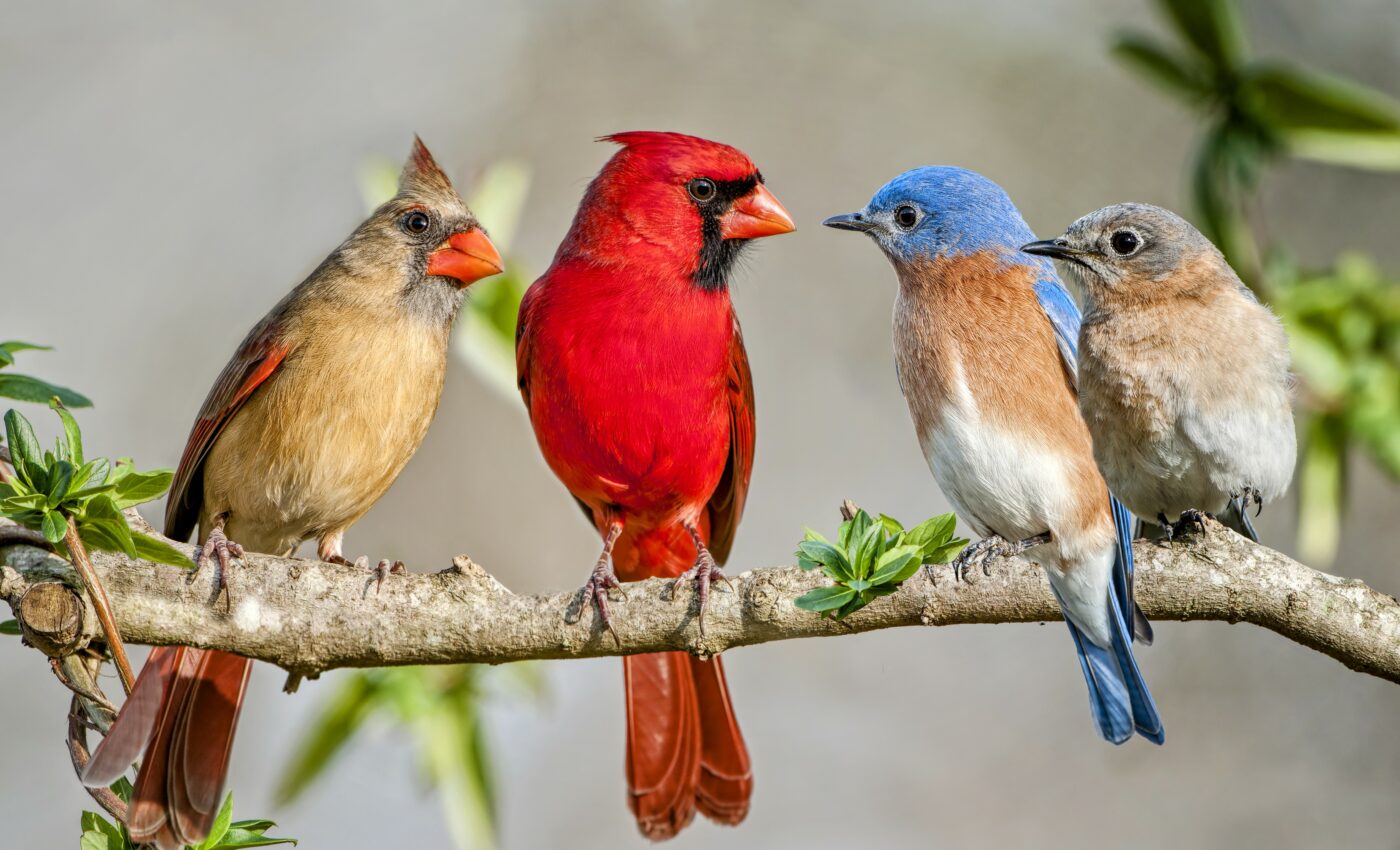
Higher levels of biodiversity reduce extinction risks in birds
A new study led by the University of Michigan has found that higher levels of biodiversity – the enormous variety of life in specific ecosystems – appears to reduce the risk of extinction in birds. These results suggest that species conservation targets could best be achieved by maintaining high levels of overall biodiversity in natural ecosystems.
Past research has already discovered various short-term benefits of biodiversity. Diverse systems seem to be less prone to invasion and more disease-resistant, and have more stable productivity. This recent study has revealed yet another positive aspect of biodiversity: its fundamental role in reducing extinction rates.
The scientists constructed a comprehensive dataset of the functional traits in birds by using natural history museum specimens covering over 99 percent of all bird species in the world. They used this data to measure the diversity of birds around the world, including the species found in specific communities, together with their evolutionary relationships and functional traits.
By employing structural equation modelling, the researchers found that diversity was associated with lower levels of contemporary extinction risk in birds. While many attributes, such as large body size, poor dispersal ability, or small range size, can make the species that have them more likely to go extinct, it appears that the benefits afforded by living in a diverse community protect these extinction-prone species, allowing a large number of them to continue to exist and thrive. Thus, diverse communities are providing a safe harbor for species that are at risk of extinction.
“While we know that biodiversity impacts the functioning of ecosystems in predictable ways, it is less clear how these biodiversity-ecosystem functioning relationships impact extinction risk across longer timescales,” said study lead author Brian Weeks, an evolutionary biologist and ornithologist at the University of Michigan. “Our findings suggest that the conservation of biodiversity is not only a goal of conservation but is also likely a necessary component to effective conservation interventions.”
Moreover, according to Professor Weeks and his colleagues, since single-species conservation interventions are quite expensive, the maintenance of biodiverse communities could be a more cost-effective approach to preventing extinction.
The study is published in the journal Ecology Letters.
—
By Andrei Ionescu, Earth.com Staff Writer













